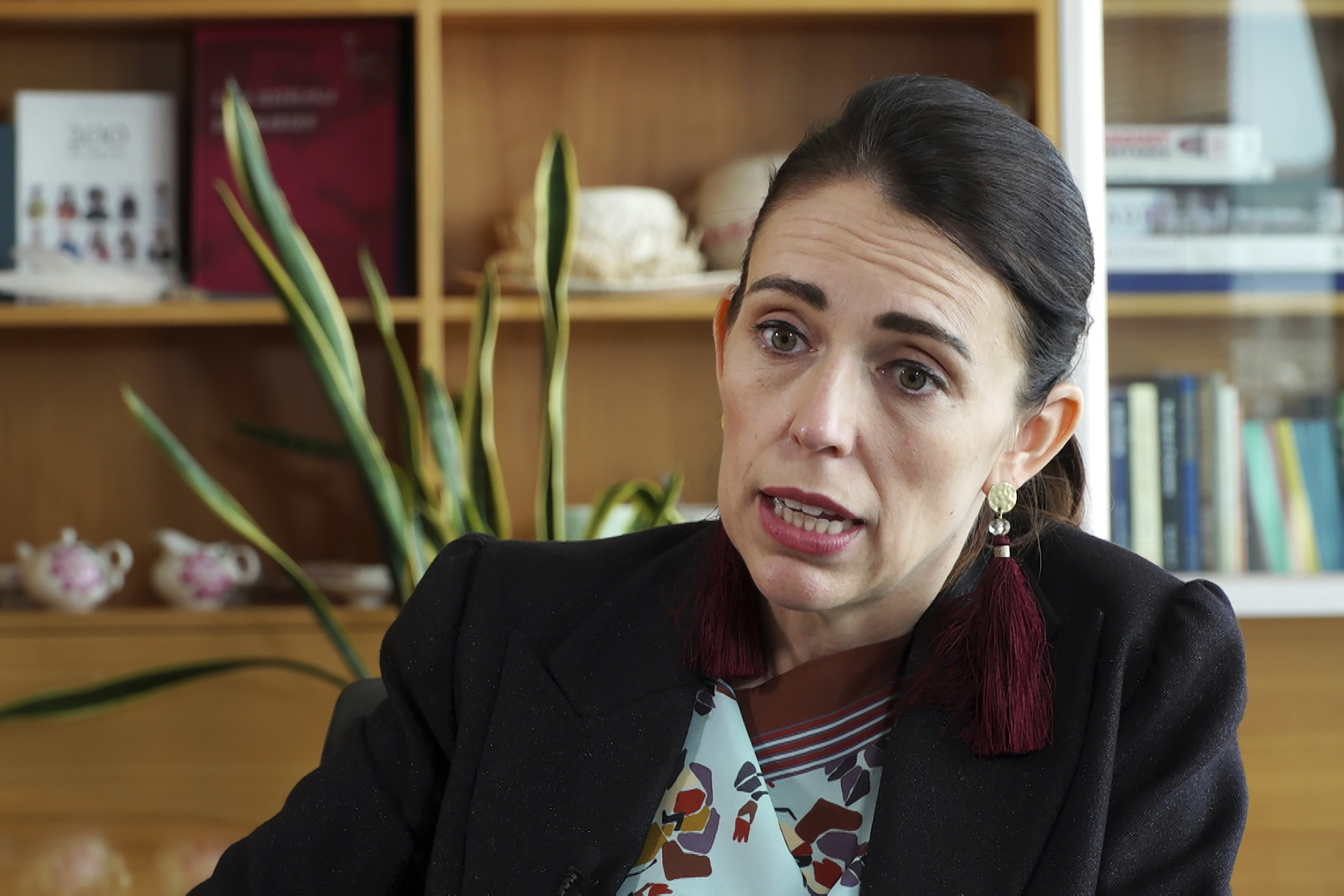New Zealanders will go to polls on September 19 to decide on a second term for Prime Minister Jacinda Ardern, and also to vote in referendums on the divisive issues of legalizing cannabis and euthanasia.
Ardern is hugely popular among liberal voters overseas thanks to her compassionate but decisive response to a mass shooting, her focus on climate change action and multilateralism, and her ability to combine motherhood and leadership.
But her popularity at home has been affected by slowing economic growth and low business confidence, a failed state housing project and scandals within her coalition government.

New Zealand's Prime Minister Jacinda Ardern speaks during an interview in Wellington, New Zealand, December 5, 2019. /AP Photo
New Zealand's Prime Minister Jacinda Ardern speaks during an interview in Wellington, New Zealand, December 5, 2019. /AP Photo
“I will be asking New Zealanders to continue to support my leadership and the current direction of the government, which is grounded in stability, a strong economy and progress on the long term challenges facing New Zealand,” Ardern told a news conference.
Political pundits are predicting a close contest, with scheduled referendums on legalizing cannabis and euthanasia expected to be distracting and divisive.
“I am not making predictions on this as it's going to be a tight race,” said Grant Duncan, Associate Professor at Massey University in Auckland.
New Zealand's Treasury last month trimmed its 2020 economic growth forecast and flagged a budget deficit. The government last month announced a 7.7 billion U.S. dollars infrastructure spend to try counter those factors.
Two October opinion polls showed support for her ruling coalition at its lowest since 2017. Her own popularity also waned, but she remains far ahead of her rivals.
In an interview with Reuters last month, Ardern noted there was work to be done but her party was still polling higher than it was before the 2017 election.
Source(s): Reuters